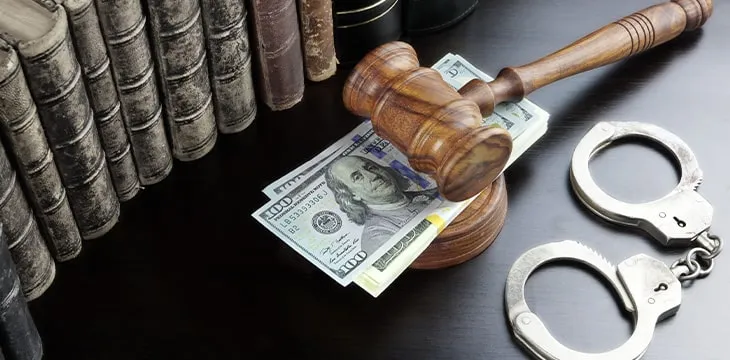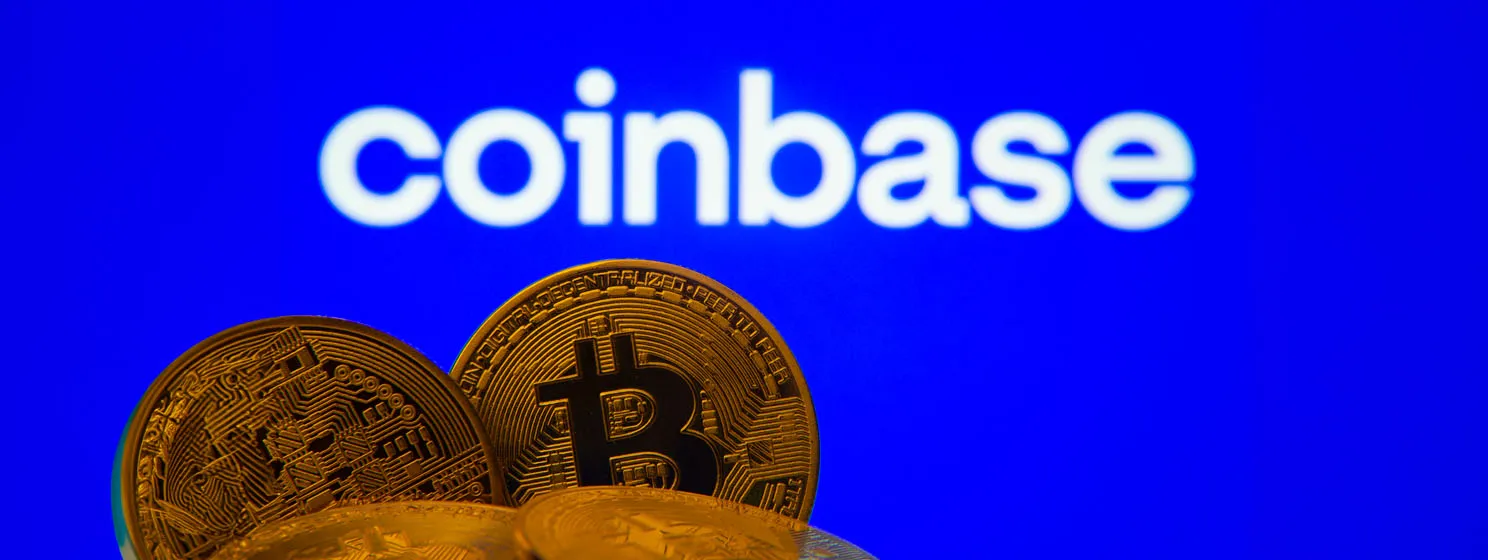|
Getting your Trinity Audio player ready...
|
Just a day after his handcuffed “perp walks” and flight from Nassau to New York City, FTX CEO Sam Bankman-Fried was freed on a US$250 million bond. Well, not exactly “freed,” as he’ll have to remain under virtual house arrest in his parents’ neighborhood in California and wear an ankle bracelet.
$250 million is a hefty sum, and according to prosecutor Nicolas Roos, it’s the highest pre-trial bond ever set. Yet SBF was able to walk out of the courtroom. How did he find that kind of money so quickly?
U.S. Magistrate Judge Gabriel Gorenstein set the following conditions for the bail agreement: SBF is not allowed to leave California’s Northern District; he must remain in his parents’ custody, and undergo mental counseling and treatment for substance abuse. He is also prohibited from transacting in amounts over US$1,000 (other than on his legal defense), starting new businesses, or opening new lines of credit.
Gorenstein accepted that Bankman-Fried’s parents, as Stanford University professors, would be responsible enough to ensure their son abides by the rules. His recognizable appearance and notoriety make it virtually impossible for him to attempt an escape or engage in any financial business, SBF’s attorney said. The fact he’d voluntarily submitted to extradition and hadn’t made any attempt to flee from the Bahamas also counted in his favor.
So, about that $250 million
At the end of November, Bankman-Fried told Axios he only had about US$100,000 in his bank account and that it could even be “a negative number” by now. Although there were various protests on social media suggesting he’d tapped into a mystery slush fund (possibly containing FTX customer money), the reality is that no one actually has to cough up the $250 million…unless he absconds.
According to reports, four people have collectively guaranteed the amount should SBF fail to show up for trial. Of the $250 million total, only 10% was required, and it wasn’t needed to be paid upfront. The money is called a “personal recognizance bond,” which is essentially a:
From what we know so far Sam’s bail came from a mixture of his parents house ($4M) + one relative + one outside person. If they need 10% collateral on a $250,000,000 bail that’s $25,000,000. So if we less Sam’s parent’s home that’s a leftover $21,000,000 that came from others.
— Autism Capital 🧩 (@AutismCapital) December 22, 2022
$25 million is still a lot, even just as a guarantee, and is well beyond the reach of most people. Only his parents Allan Joseph Bankman and Barbara Fried, signed the court document, so it’s unclear who would provide the rest of the $25 or $250 million.
SBF will be under strict pre-trial supervision by law enforcement and probably also by his parents, who’d stand to lose their valuable home (at the very least) if he doesn’t show up in court. That said, being famous doesn’t always guarantee cooperation when there’s so much at stake.
In 2012, nine bail guarantors for Julian Assange suddenly found themselves paying four and five-figure sums when Assange fled into the Ecuadorian embassy rather than face a judge. That group included high-profile people, such as filmmaker Ken Loach, journalist John Pilger, and writers Jemima Khan and Philip Knightly. Some in that group ended up paying slightly lesser amounts than they’d pledged after lobbying the court, but still had to pay significant sums.
Bankman-Fried is facing eight criminal charges stemming from FTX’s collapse last month, which could see him spend the rest of his life behind bars if found guilty and given maximum sentences. These range from wire fraud against FTX customers to violating U.S. campaign finance laws.
Former Alameda Research CEO Caroline Ellison and FTX CTO Zixiao “Gary” Wang have reportedly already agreed to a plea deal, which could see them plead guilty to lesser tax-related charges on condition they cooperate with investigators. That sounds like bad news for SBF, who embarked on a media and conference charm offensive in the weeks following FTX’s collapse. It appears that others at his companies used that time more usefully to engage directly with prosecutors.
New York’s Southern District issued a warning yesterday that it intends to pursue other former employees, warning them that “the time is now” if they have any information that could assist.
Follow CoinGeek’s Crypto Crime Cartel series, which delves into the stream of groups—from BitMEX to Binance, Bitcoin.com, Blockstream, ShapeShift, Coinbase, Ripple,
Ethereum, FTX and Tether—who have co-opted the digital asset revolution and turned the industry into a minefield for naïve (and even experienced) players in the market.

 08-07-2025
08-07-2025 





